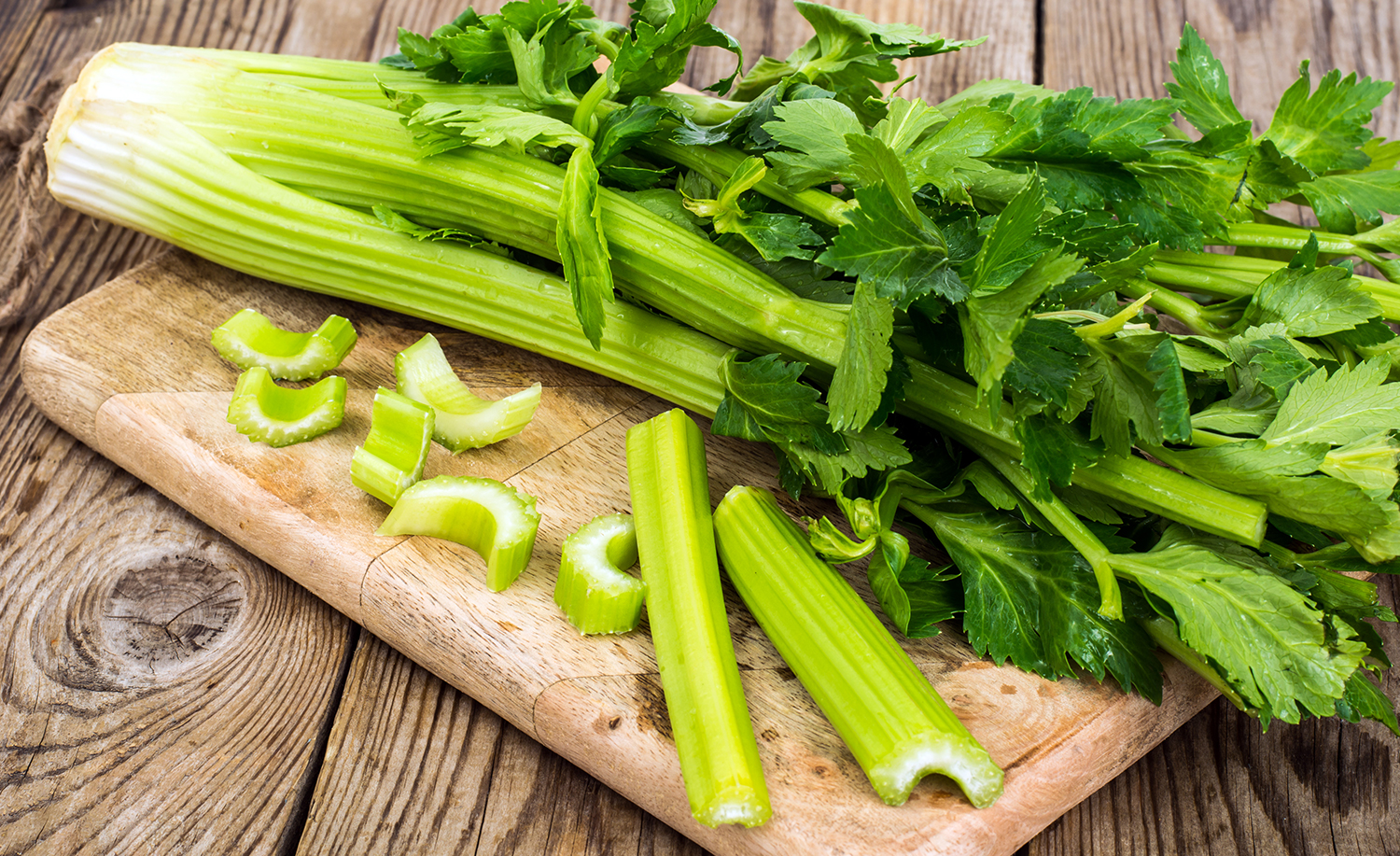Gluten and lupin: allergen advice for caterers
In the latest of the series, we look at one of the most well-known allergens and one of the lesser known
Commonly recognised as an ochre-coloured paste that’s added to sauces and accompanies roast dinners, mustard is derived from the seeds of the mustard plant.
Mustard allergies are rare in the UK but when they do occur, reactions to it are severe and, in extreme cases, result in life-threatening anaphylaxis.
So while we commonly associate mustard with jars of golden paste, it does come in many other forms and is used widely, so it’s worth taking careful note.
You can try swapping out mustard powder for horseradish powder. As it is spicier than mustard, only use half the measure.
“Mustard allergies are rare in the UK but when they do occur, reactions to it are severe”
Sometimes known as sulphites, sulphur dioxide is a preservative used to extend shelf life in foods and drinks. Sulphites is a general term to describe a group of chemicals that includes sulphur dioxide and sodium or potassium metabisulphite.
Sulphites can induce both allergic and non-allergic reactions. They release sulphur dioxide gas, which is the component that preserves food and drink. In some people, this gas can cause the airway to become irritated or constricted. This is a non-allergic reaction because it is not a response of the immune system.
Common symptoms of a non-allergic reaction include wheezing, tight chest, cough and, in some cases, a rash. People with asthma are more likely to experience non-allergic reactions to sulphites.
True allergies to sulphites are extremely rare, however, they can occur and it is good to be mindful of them. Make sure your team is aware.
Allergies to celery are quite rare in the UK with the most common type of celery allergy being pollen-related. Pollen food syndrome is caused by the body’s reaction to proteins in plants which are similar to pollen. Unsurprisingly, pollen food syndrome is more common in people who suffer from hay fever.

Sign in to save topics you love, and build your archive of events, menus and articles.